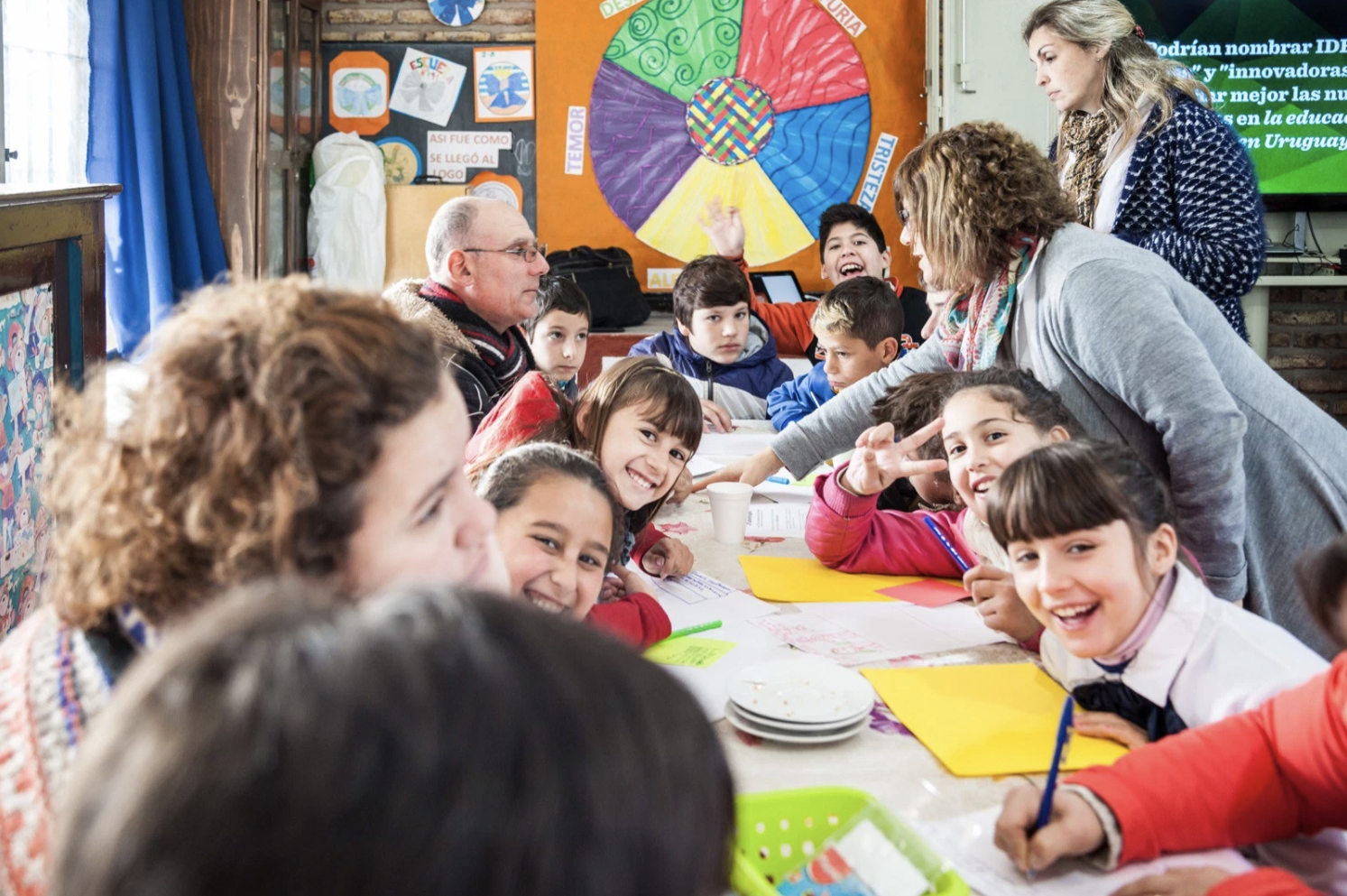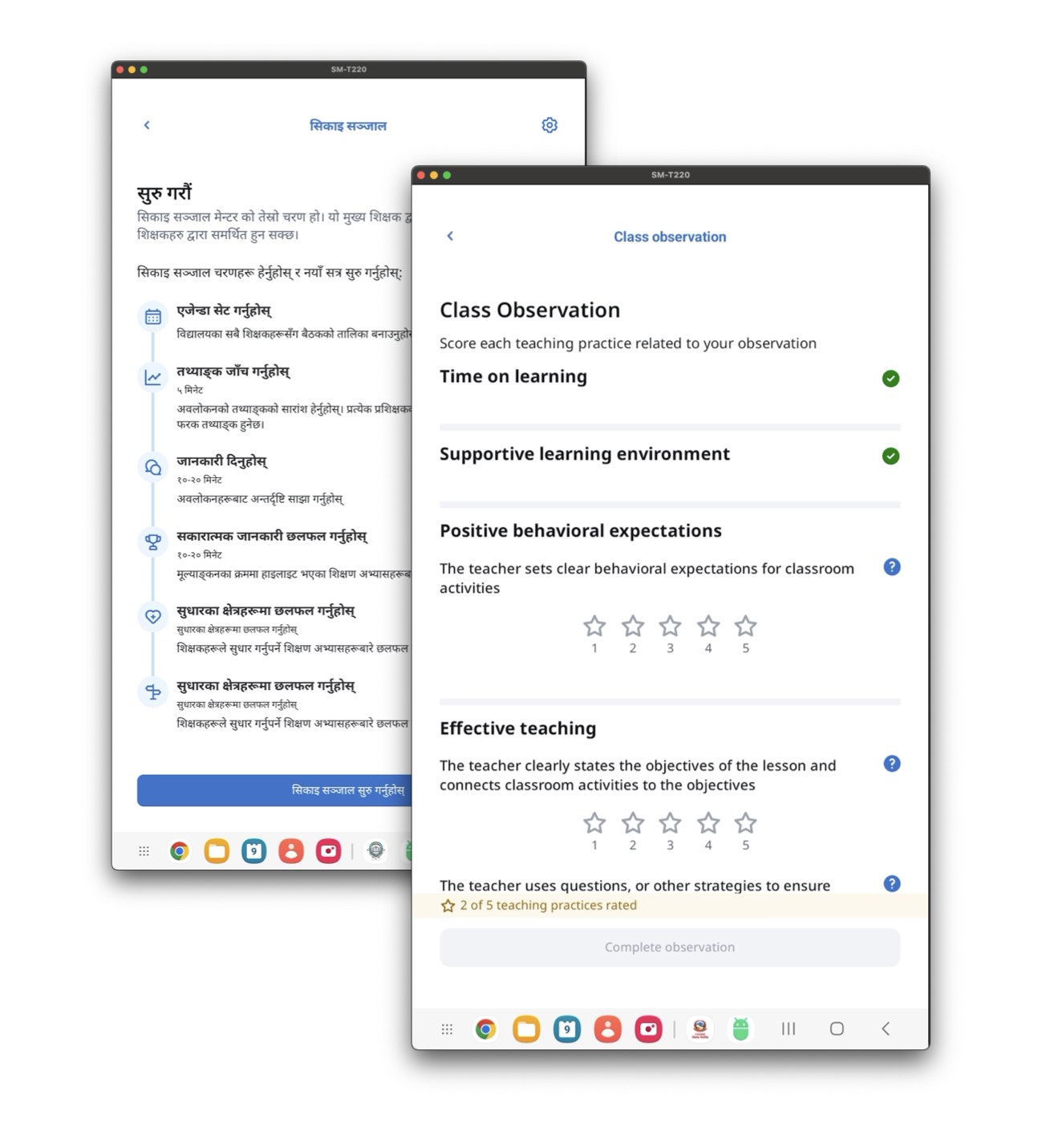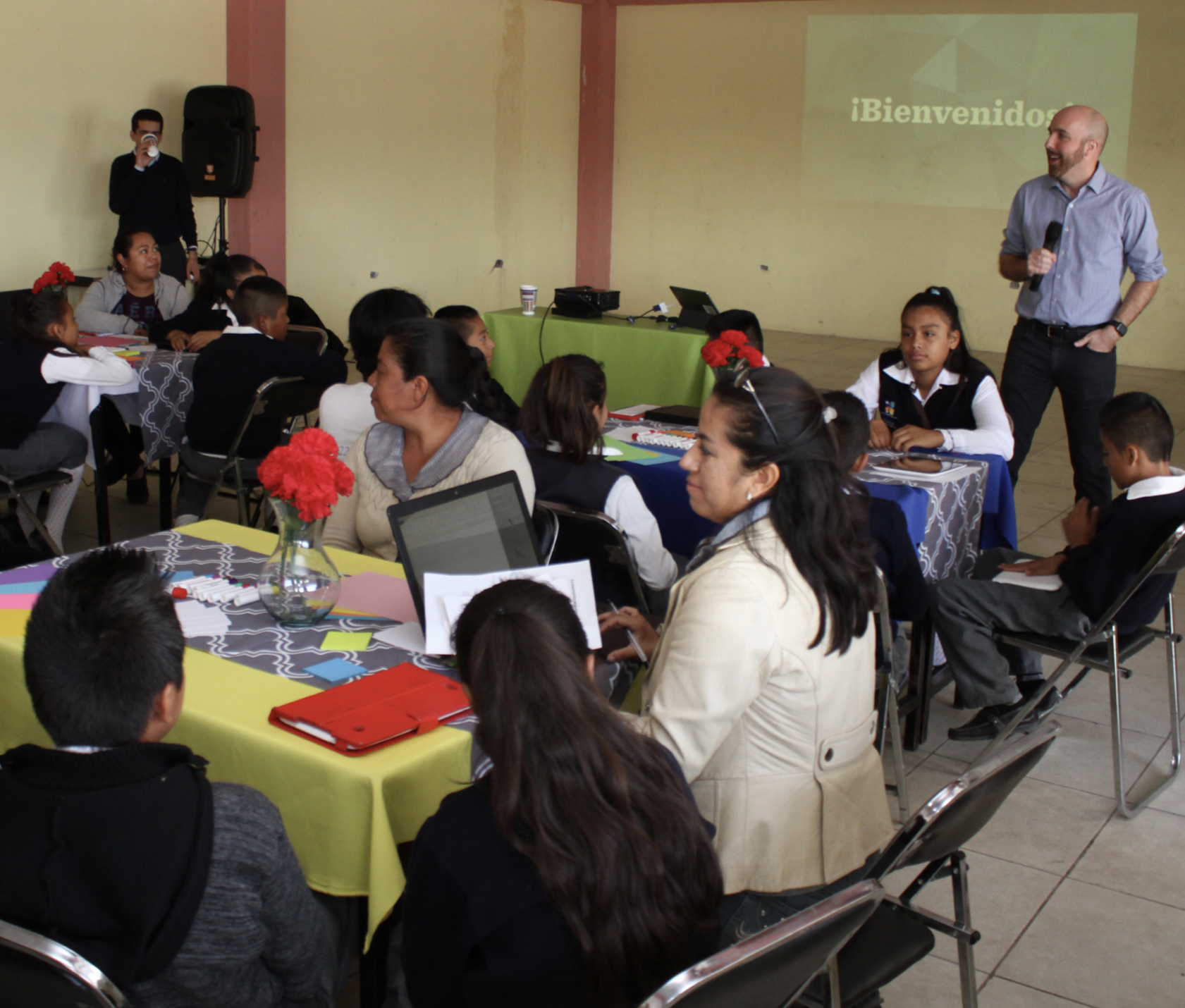The future of digital technologies in Uruguayan primary education

Client: Agencia Nacional de Investigación e Innovación (ANII) and Fundación Ceibal
Location: Uruguay
Year: 2016
Focus: Educational technology, community participation, primary education
Report: Available online
Building collective capacity for meaningful use of digital technologies in primary education
This project explored whether a collective capacity could be built among Uruguay’s school communities to shape a shared vision for the use of digital technologies in education. Led by Dr. John Moravec and the Universidad ORT Uruguay, the initiative was funded by ANII and Fundación Ceibal under the “Inclusión Digital: Educación con Nuevos Horizontes” research program. It responded to a national context in which access to educational technology had rapidly expanded through Plan Ceibal, but where questions remained about the depth and purpose of its integration in school life.
Approach
The research centered on participatory, qualitative methods to elicit the voices of students, families, educators, and community members from nine primary schools affiliated with Uruguay’s Red Global de Aprendizajes. Structured “World Café” sessions were conducted in each school to facilitate open dialogue on bold ideas for the future of education, actionable steps to deepen community participation, and strategies for building collective capacity to transform learning.
Participants engaged in co-creating a “blank book” of shared ideas, which was hosted on the project’s public Web site and served as both a collaborative artifact and data source. Conversations were analyzed using grounded theory methodology and open coding techniques, with themes such as creativity, intergenerational exchange, and horizontal leadership emerging as central to the future of educational innovation in Uruguay.
Deliverables
The project produced a final public report that included:
- Synthesized insights from over 350 participants across nine communities
- A grounded theory analysis of World Café dialogues, mapped into thematic matrices
- Recommendations for national policy centered on three areas: expanding participation through ICT, connecting communities via technology, and fostering creativity through inclusive innovation
- A replicable methodology for participatory research in education
- An open-access Web site archiving the project’s findings, raw data, and facilitation tools
Impact
The project contributed new knowledge about how communities perceive and interact with digital education policy and infrastructure. It validated that a shared capacity for educational innovation already exists—and that it can be strengthened through intentional, community-based dialogue. By centering the experiences and aspirations of those directly affected by educational change, the project laid groundwork for more inclusive, collaborative, and locally responsive uses of technology in Uruguay’s schools. Its methodology and findings continue to serve as a reference for participatory education research across Latin America and beyond.



